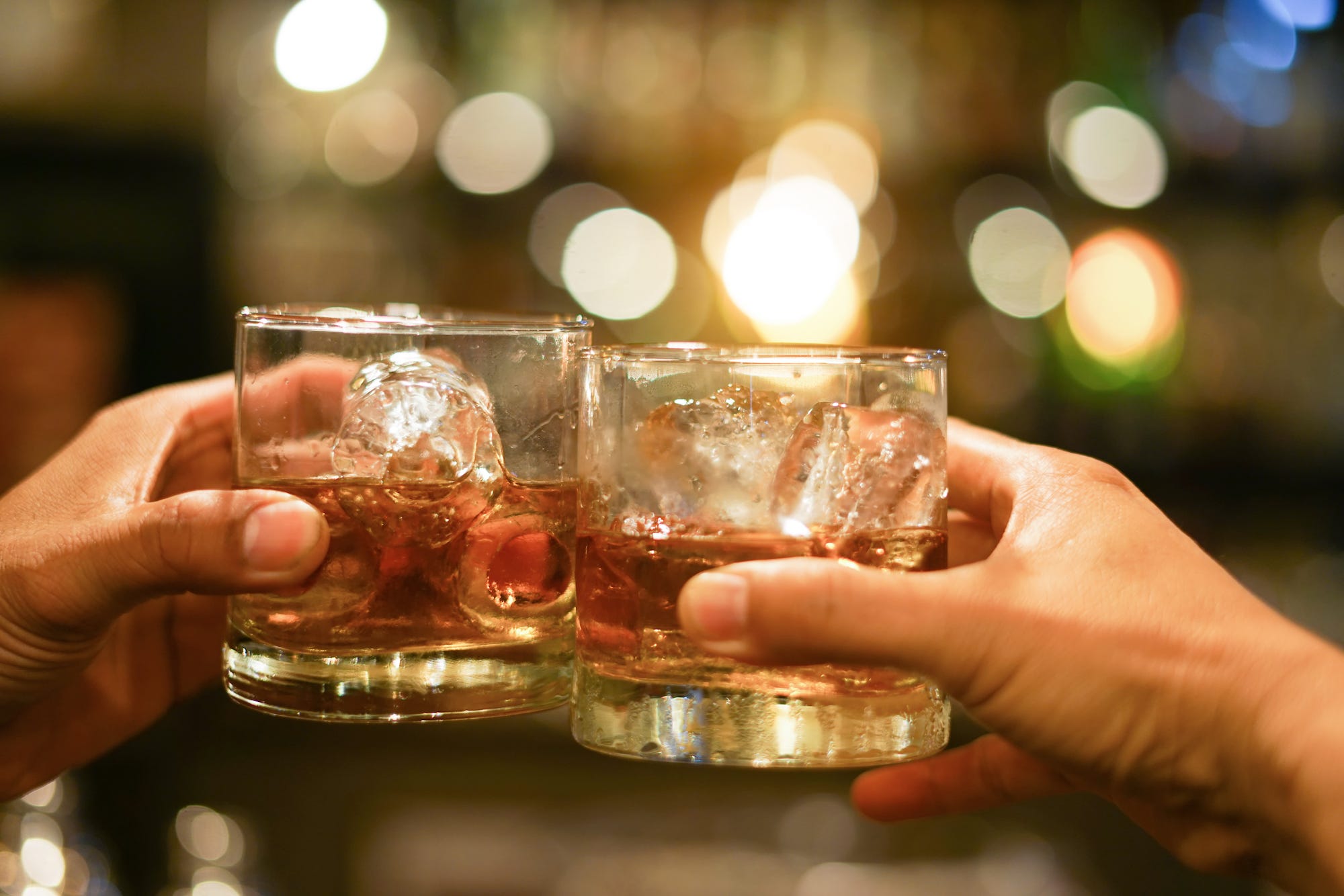
- A Russian health official told citizens they shouldn’t drink alcohol two weeks before and six weeks after getting the COVID-19 vaccine.
- There’s no evidence suggesting any relationship between alcohol consumption and vaccine efficacy, although booze has been found to weaken the immune system.
- An American expert said the Russian recommendation was too extreme and may deter people from getting the vaccine.
- Visit Business Insider’s homepage for more stories.
Russians are outraged following a health official’s warning that COVID-19 vaccine recipients should abstain from drinking alcohol in the weeks before and after their shots, Reuters reported Wednesday.
Anna Popova, head of Russia’s consumer health watchdog, went on national radio Tuesday to tell citizens they should not imbibe for two weeks before their first injection of the Sputnik V vaccine. Vaccine recipients should stay sober for an additional six weeks after that to ensure a strong immune response, she added. There are 21 days between the two Sputnik shots.
“I reckon the stress on the body of giving up alcohol, especially during what is a festive period, would be worse than the (side effects of the) vaccine and its alleged benefits,” Moscow resident Elena Kriven told Reuters.
However, both Russian and American vaccine experts said Popova’s advice was too extreme. Alexander Gintsburg, the developer of Russia’s vaccine, tweeted from the Sputnik V account that “one glass of champagne won’t hurt anyone.”
In another tweet, Gintsburg recommended abstaining from alcohol use three days before and after each injection of any vaccine, not just Sputnik.
But William Moss, executive director of the International Vaccine Access Center at Johns Hopkins University, said there's no data to support such advice.
"There's no evidence that, if you have one beer or a glass of wine a couple days after you get your vaccine, that's going to interfere with your immune response or protection following the vaccine," Moss said. "When that point is stated in such an extreme way, I think it's actually damaging to public health."
Excessive alcohol use can weaken your immune system
Chronic and excessive alcohol use - eight or more drinks a week for women and 15 or more drinks a week for men, according to the CDC - can have a number of deleterious effects on the body, Moss said.
Research has shown that drinking alcohol affects the gut microbiome and may damage the immune cells that line the intestines, which serve as the first line of defense against viruses and bacteria.
Another study found that binge drinking depletes the infection-fighting abilities of certain white blood cells in the hours after intoxication.
Having a strong immune system is especially important during a pandemic, so it may be wise to cut back on alcohol for that reason. But there's not much, if any, research that specifically looked at interactions between vaccines and alcohol - likely because most vaccines are administered to children, Moss pointed out.
We don't know much about the Russian vaccine's efficacy
Russia approved Sputnik V for public use in August, but has yet to release any data from phase 3 trials that would determine the efficacy of the vaccine.
The Sputnik V vaccine is an adenovirus vector vaccine, which piggybacks a piece of the coronavirus on an inactive version of a less harmful virus. AstraZeneca and Johnson & Johnson's vaccine candidates use a similar technology.
On November 11 - two days after Pfizer-BioNTech announced promising results of their vaccine trials - the Russian government announced in a press release that Sputnik V was 92% effective after the second dose. However, they have yet to release complete, peer-reviewed data from phase 1 and 2 trials, creating an air of secrecy around the vaccine.
Dit artikel is oorspronkelijk verschenen op z24.nl

